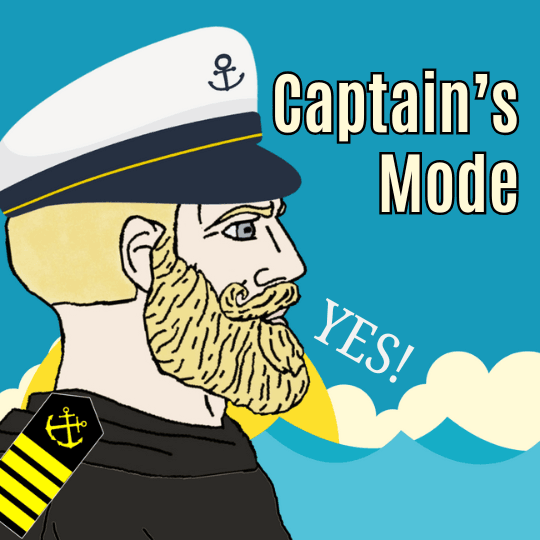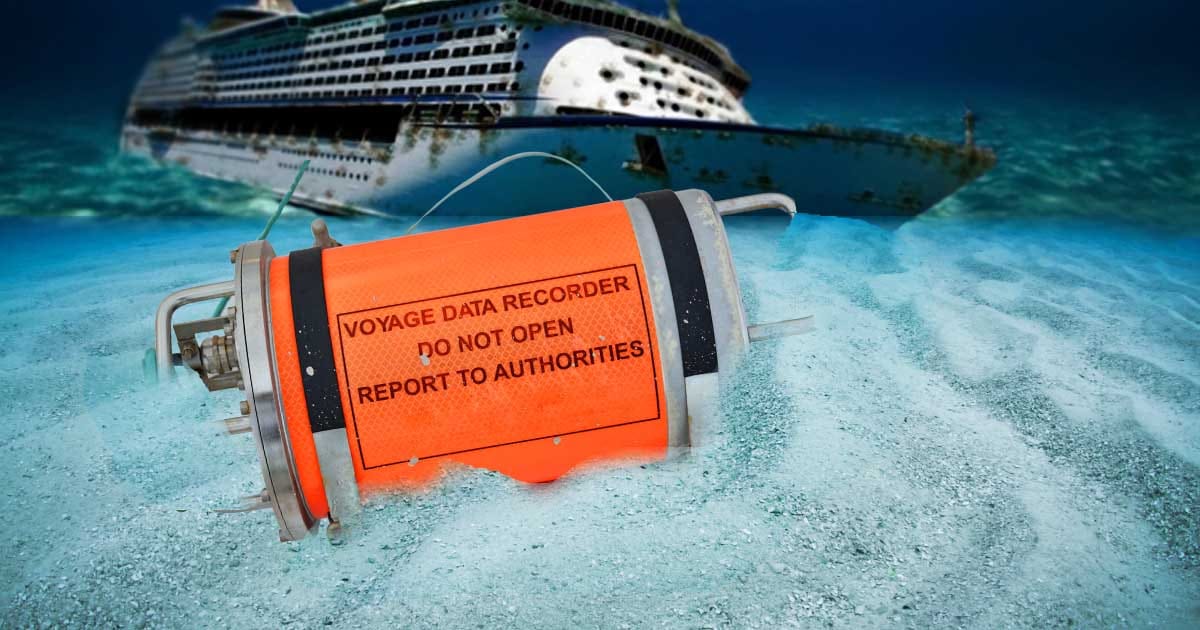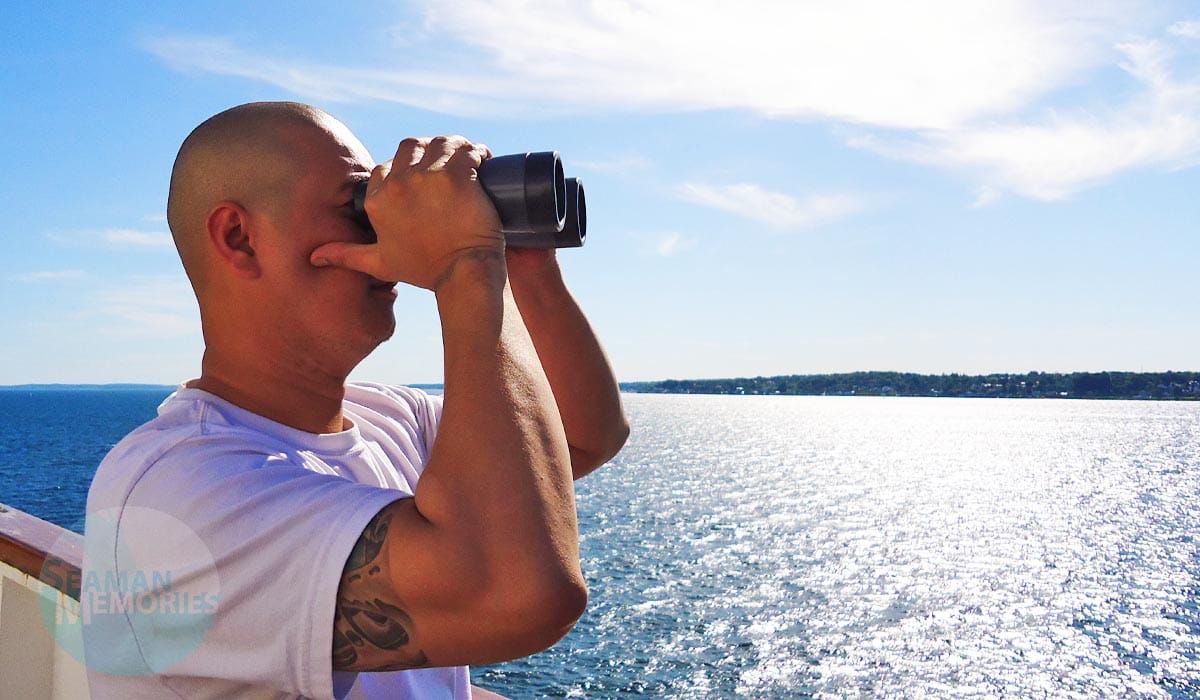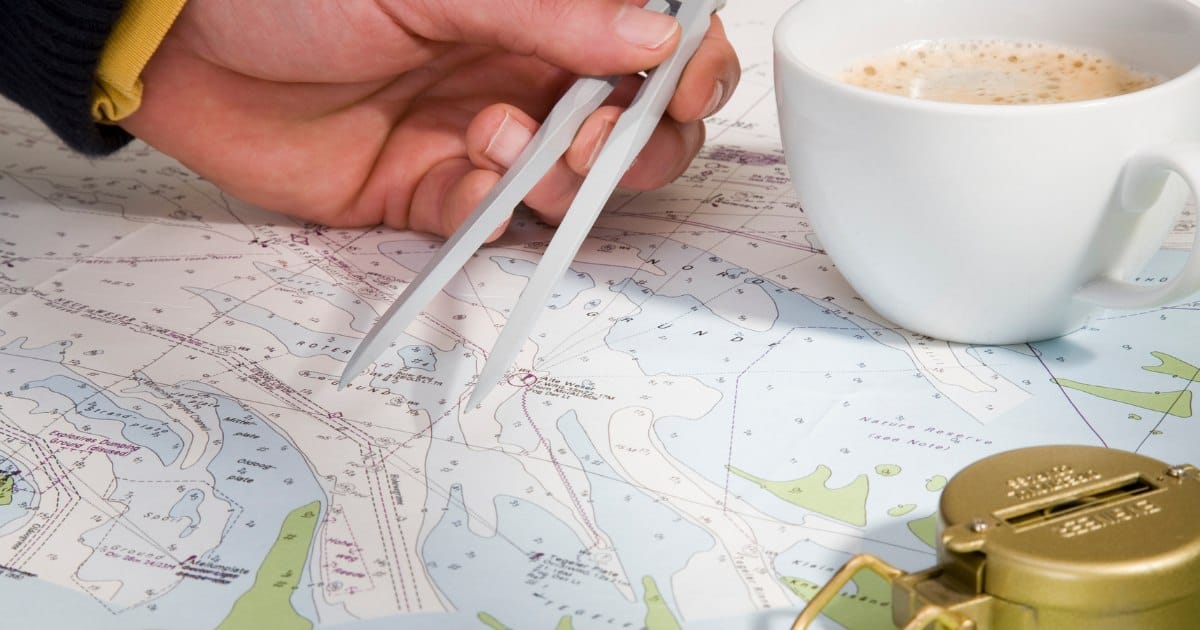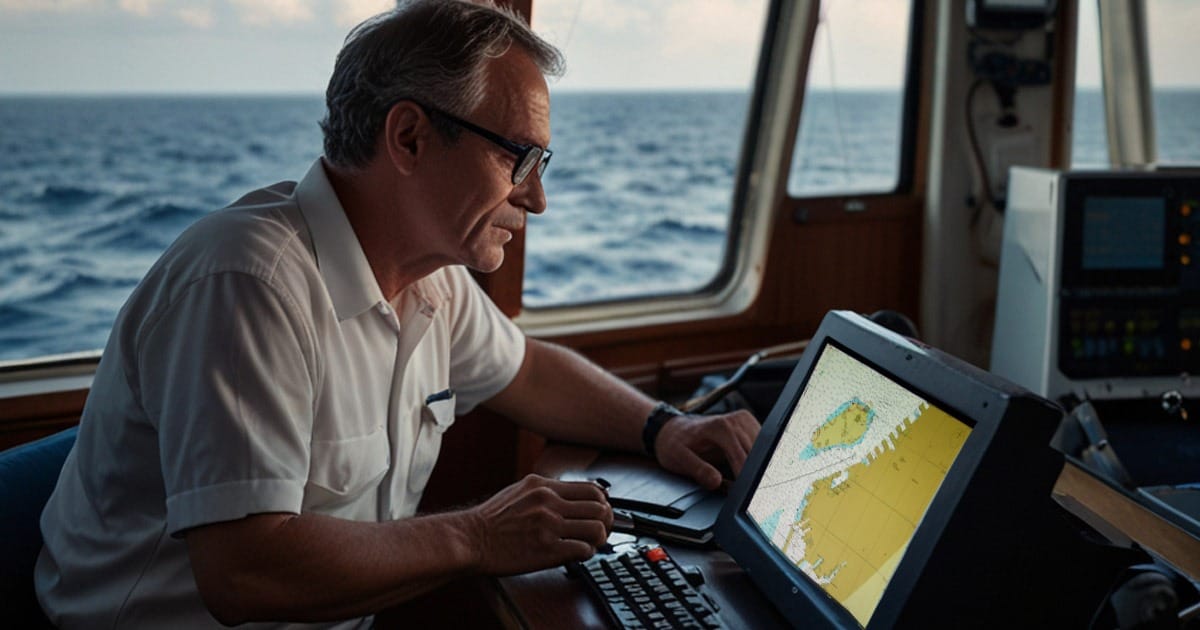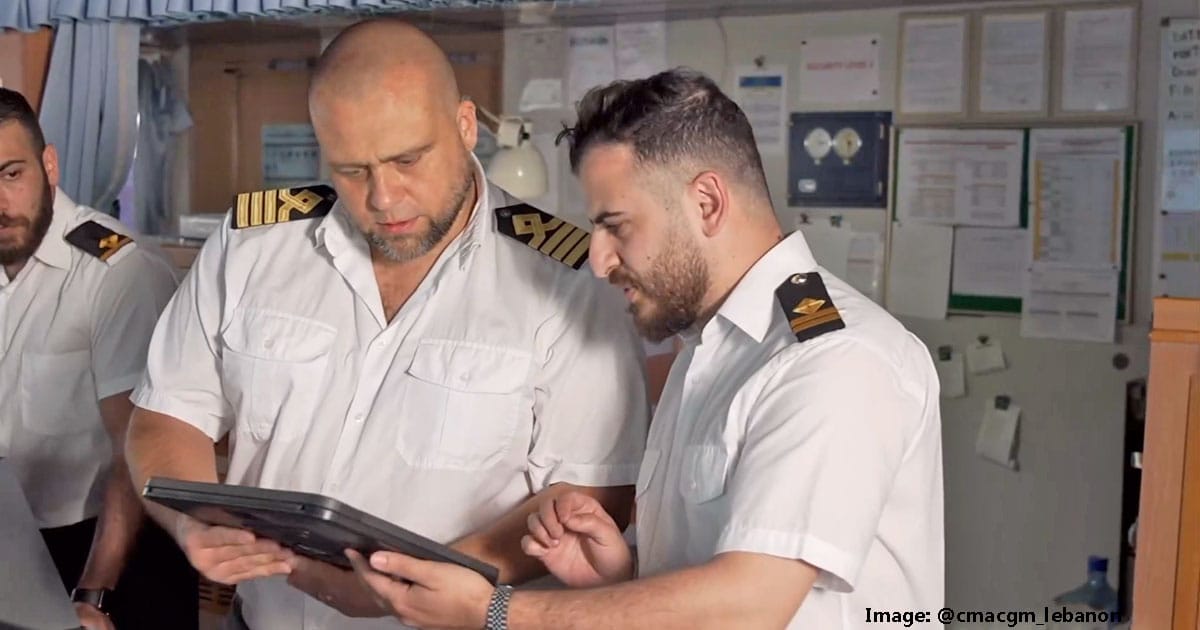Our Blog
-
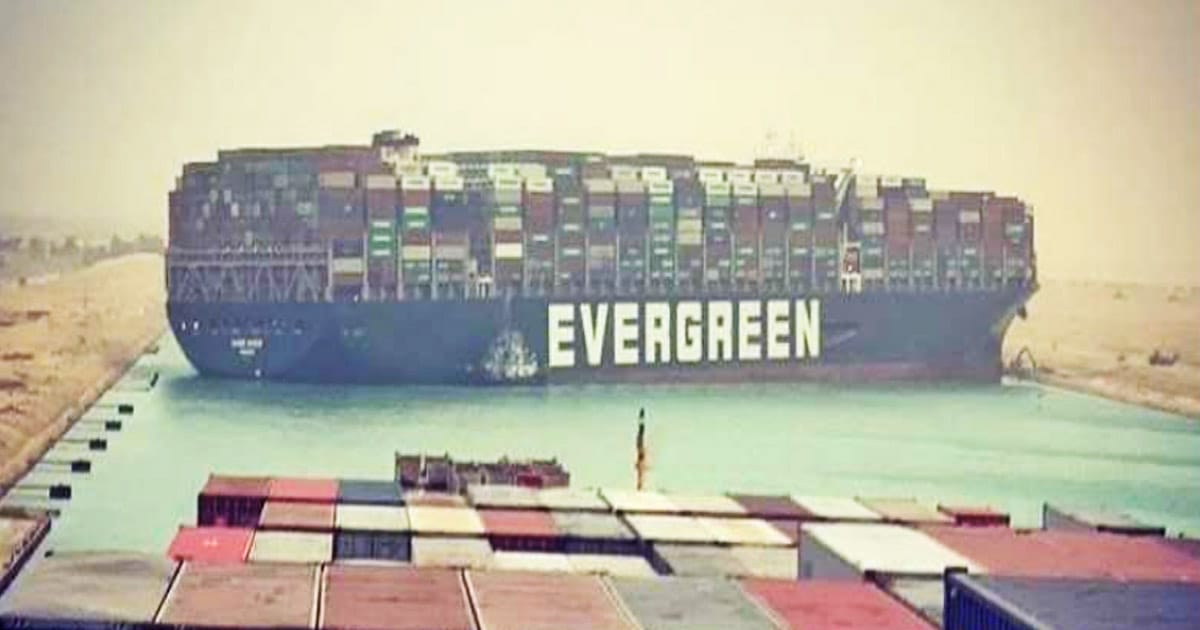
Investigation Results: How “EVER GIVEN” Blocked The Suez Canal
The colossal container ship Ever Given rammed the east bank of the Suez Canal 25 minutes after the pilots boarded and blocked the entire waterway for six days. Due to gusty winds and human error, the mega-ship swung out of control in the early morning of Tuesday, March 23, 2021, while carrying 10,788 containers. According…
-

Master’s Payment Order (MPO) Explained
Have you ever wondered how seafarers can send extra funds beyond their regular allotments? The Master’s Payment Order (MPO) is the answer. Since crew members at sea have no access to banking services, the MPO allows seafarers to send money without visiting a bank or remittance center. It’s a convenient method, and if your ship…
-
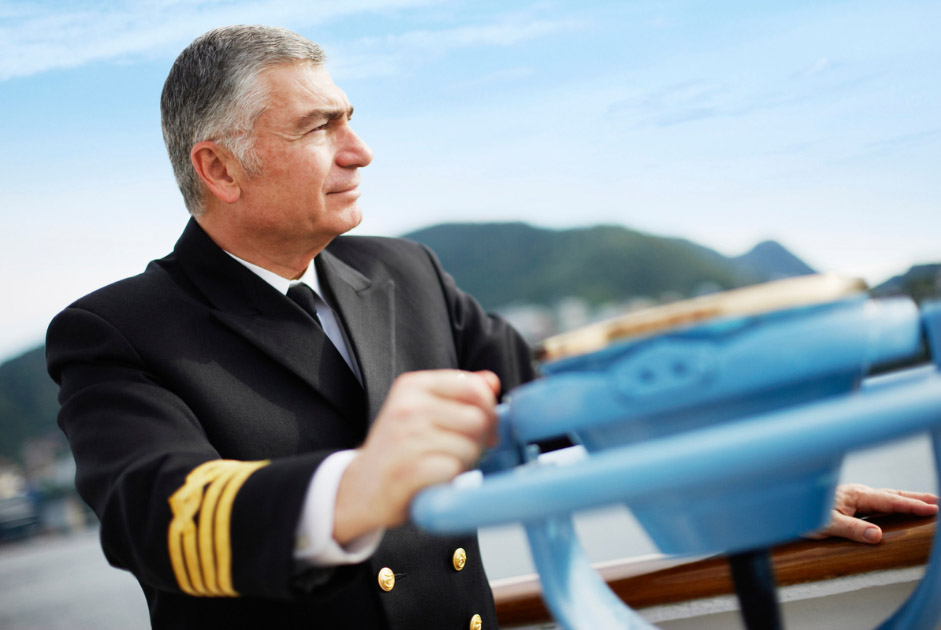
12 Types of Ship Captains You’ll Never Forget On Board
I recently switched my website from Seaman Memories to Captain’s Mode, and in the process, I couldn’t help but think about all the captains I’ve sailed with. Each one left their mark—some in unforgettable ways (for better or worse!). There were ship masters the crew loved even though they ran a tight ship, and then…
-
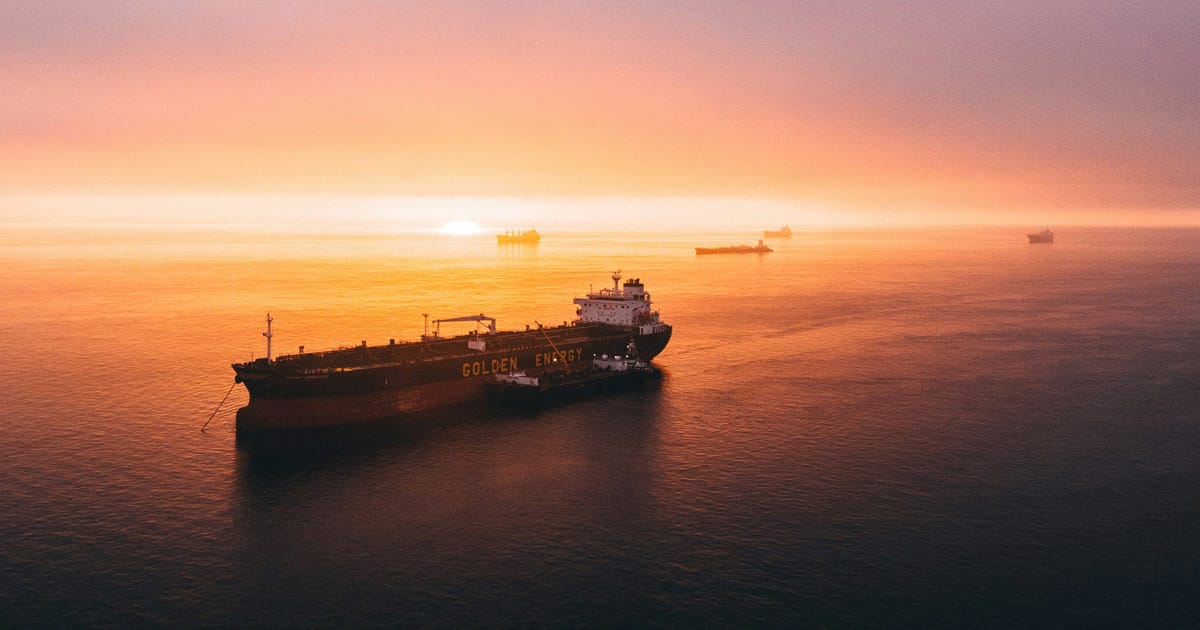
How to Anchor in Deep Waters
Ships generally prefer to anchor on depths of less than 50 meters. Beyond that can be considered deep and poses unique challenges that significantly differ from standard anchoring practices in shallow waters. While anchoring is a common procedure to secure a vessel, deep waters require more precise planning and execution. Here, let’s explore why anchoring…
-
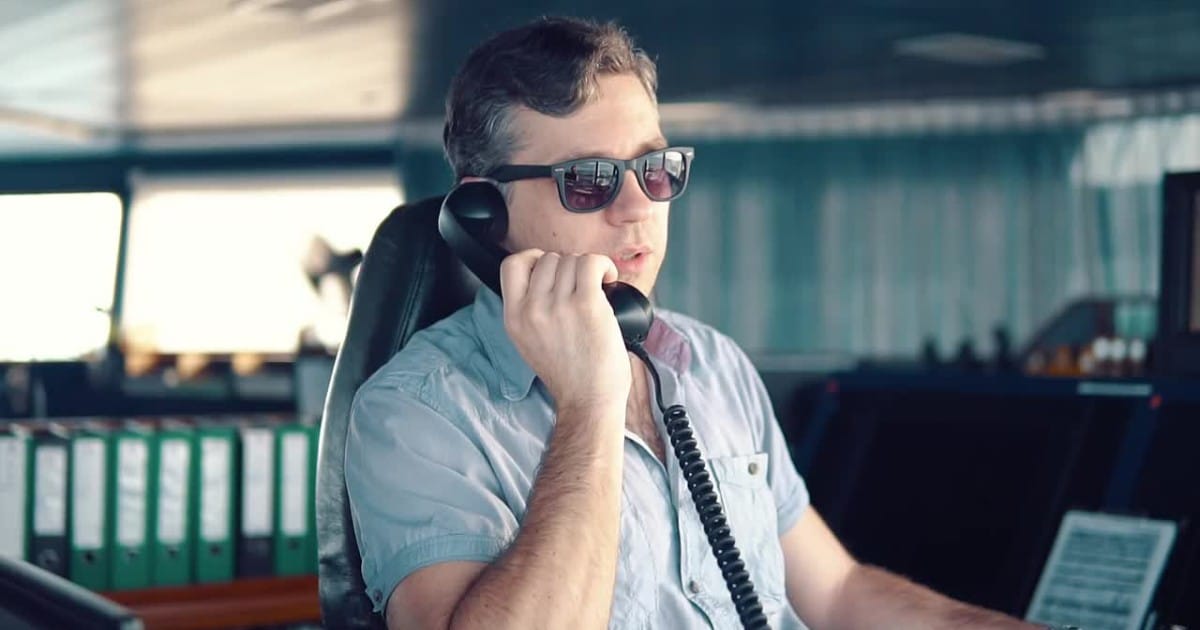
When Should You Call the Master? Here is a List of Scenarios
Calling the Master is one of the most critical responsibilities for any Officer On Watch (OOW). You always have the authority to alert the captain if something unusual happens or if you’re uncertain about any situation. This won’t make you look incompetent. In fact, it strengthens the captain’s trust that you’ll alert him before a…
